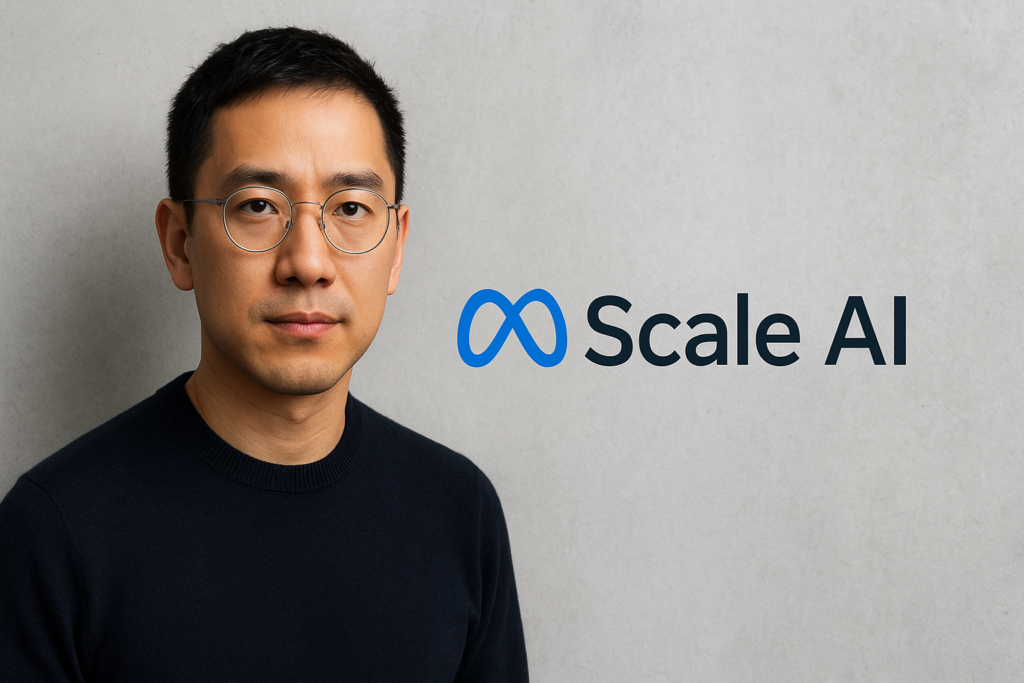The tech world has been buzzing since Meta made a massive $14.3 billion investment in Scale AI last June. By bringing CEO Alexandr Wang and top executives from Scale AI to lead Meta Superintelligence Labs (MSL), Meta aimed to accelerate its AI ambitions.
But just a few months into this high profile deal, signs indicate that the Meta Scale AI partnership may be hitting turbulence. Meta’s move wasn’t just about acquiring talent it was a strategic effort to gain a competitive edge in artificial intelligence.
Scale AI’s data labeling technology is critical for training sophisticated AI models, and integrating this expertise with Meta’s research power promised groundbreaking results. However, mergers of this scale often come with challenges.
The departure of Ruben Mayer, former Senior Vice President of GenAI Product and Operations at Scale AI, just two months after joining Meta, has raised eyebrows. Experts say this move may reflect deeper organizational and cultural misalignments within the Meta Scale AI partnership.
Cultural Clashes and Organizational Challenges
At the heart of the tension is the contrast between startup agility and corporate structure. Scale AI has a fast-moving, founder driven culture, while Meta’s larger ecosystem involves multiple layers of decision making and bureaucracy.
One insider explained, At Scale AI, decisions were made rapidly with clear accountability. At Meta, approvals involve multiple layers. This slows down execution and frustrates startup leaders used to autonomy.
This kind of friction is not uncommon in high profile acquisitions. The Meta Scale AI partnership faces a delicate balancing act how to maintain innovation while integrating into a corporate environment.
History provides guidance. Microsoft’s collaboration with Nokia struggled due to cultural mismatches and conflicting visions, despite strong strategic alignment on paper. Similarly, Google’s acquisition of DeepMind required careful management to balance research independence with corporate goals.
These examples illustrate a key lesson: successful partnerships rely not just on technical synergy but also on people and processes. The Meta Scale AI partnership must address these human factors to avoid prolonged friction.
Dr. Leila Hassan, an AI strategist with experience in both startups and large tech firms, shared, Mergers of this scale are more about people than technology. Scale AI leaders may expect autonomy, but Meta’s structure might limit it. Misalignment can cause talent departures and slow progress.
Venture capitalist Arun Patel added, Meta is taking a bold step to dominate AI. The partnership with Scale AI gives them crucial data capabilities. But the real test is whether leadership styles can sync effectively.
These insights suggest that the Meta Scale AI partnership is at a critical juncture: small cracks now could define the future of this collaboration.
Engineers transitioning from Scale AI to Meta describe significant adjustments. One anonymous team member said, Decisions that were instant at Scale AI now take weeks at Meta. It’s frustrating, especially when deadlines for AI projects are tight.
These personal experiences highlight that retaining key talent and keeping them motivated is essential. For the Meta Scale AI partnership, employee satisfaction may determine the success or failure of this high stakes collaboration.
The Stakes for the AI Industry
If the Meta Scale AI partnership weakens, the implications extend beyond the two companies. Scale AI’s data labeling expertise underpins the training of advanced AI models, while Meta’s leadership seeks to maintain competitiveness against OpenAI, Anthropic, and Google DeepMind.
Any disruption could slow Meta’s progress in cutting edge AI research. Moreover, Scale AI must navigate its transition from a nimble startup to an enterprise level partner, balancing independence with corporate integration. Missteps could affect its innovation pipeline and market credibility.
Despite early turbulence, the Meta Scale AI partnership can recover. Experts suggest, Aligning Vision Both sides must articulate a shared strategic direction for MSL.
Balancing Autonomy and Integration Meta needs to provide Scale AI leaders with decision making freedom without compromising corporate oversight.
Talent Retention Competitive incentives and supportive workplace culture are essential to prevent further departures. Achieving this balance could transform the Meta Scale AI partnership from a high risk venture into a pioneering AI collaboration.
The departure of Ruben Mayer, while seemingly minor, signals potential challenges for Meta and Scale AI. Meta Scale AI partnership is under scrutiny, and the next steps will define its trajectory.
Success hinges on aligning visions, accommodating cultural differences, and keeping talent motivated. If Meta and Scale AI navigate these challenges effectively, they could set a new standard for AI partnerships.
If not, this high profile collaboration could become a cautionary tale in tech history. The world is watching closely the outcome of the Meta Scale AI partnership may reshape the AI landscape for years to come.

